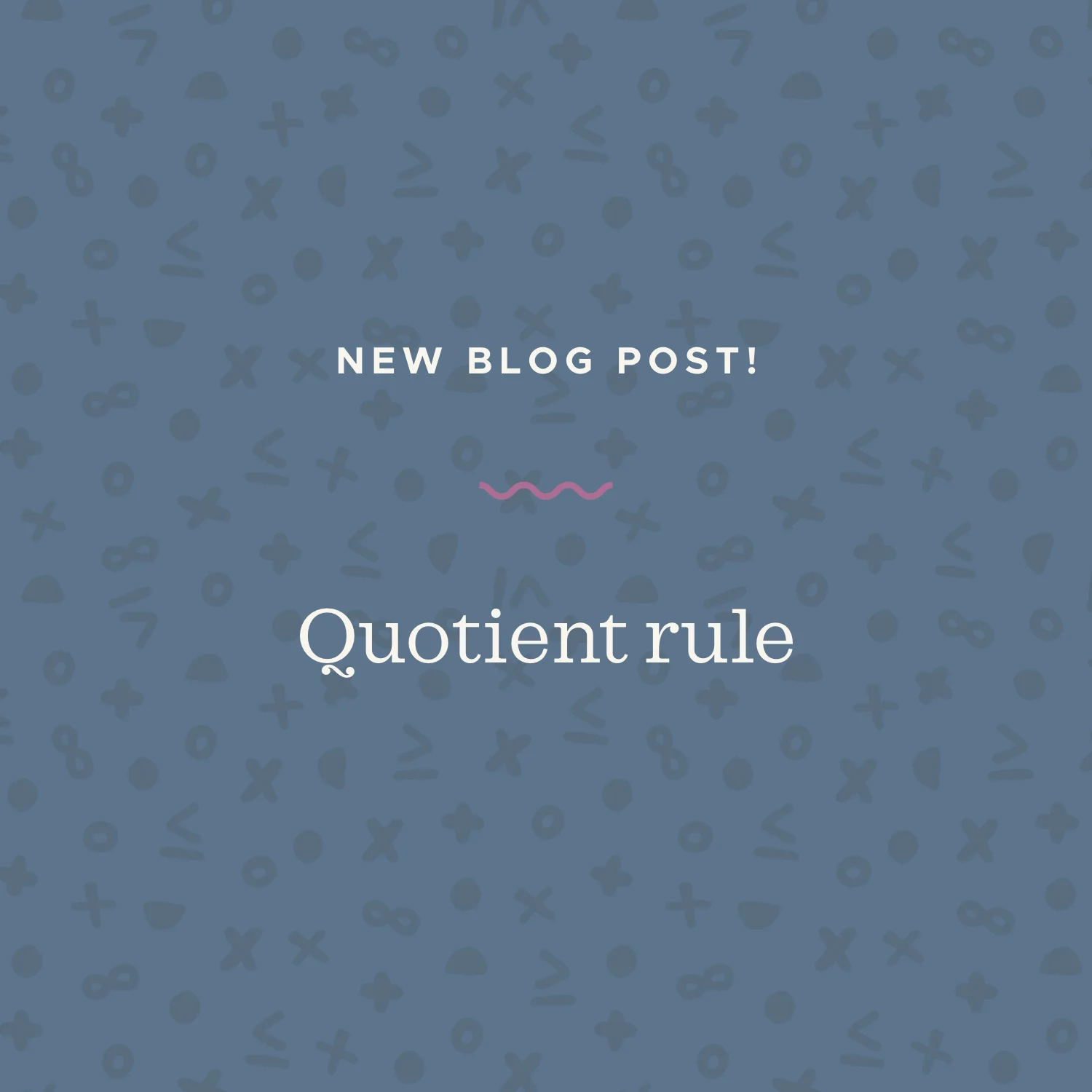Using the quotient rule to find the derivative
The quotient rule differentiates a quotient, just like the product rule differentiates a product
Just as you must always use the product rule when two variable expressions are multiplied, you must use the quotient rule whenever two variable expressions are divided.
Hi! I'm krista.
I create online courses to help you rock your math class. Read more.
Given a function
???h(x)=\frac{f(x)}{g(x)}???
then its derivative is
???h'(x)=\frac{f'(x)g(x)-f(x)g'(x)}{\left[g(x)\right]^2}???
Applying the quotient rule formula to find the derivative
Take the course
Want to learn more about Calculus 1? I have a step-by-step course for that. :)
Using quotient rule with power and log functions
Example
Use quotient rule to find the derivative.
???h(x)=\frac{x^2}{\ln{x}}???
Based on the quotient rule formula, we know that ???f(x)??? is the numerator and therefore ???f(x)=x^2??? and that ???g(x)??? is the denominator and therefore that ???g(x)=\ln{x}???. ???f'(x)=2x???, and ???g'(x)=1/x???.
Just as you must always use the product rule when two variable expressions are multiplied, you must use the quotient rule whenever two variable expressions are divided.
Plugging all of these components into the quotient rule gives
???h'(x)=\frac{\left(\ln{x}\right)(2x)-\left(x^2\right)\left(\frac{1}{x}\right)}{\left(\ln{x}\right)^2}???
???h'(x)=\frac{2x\ln{x}-x}{\left(\ln{x}\right)^2}???






